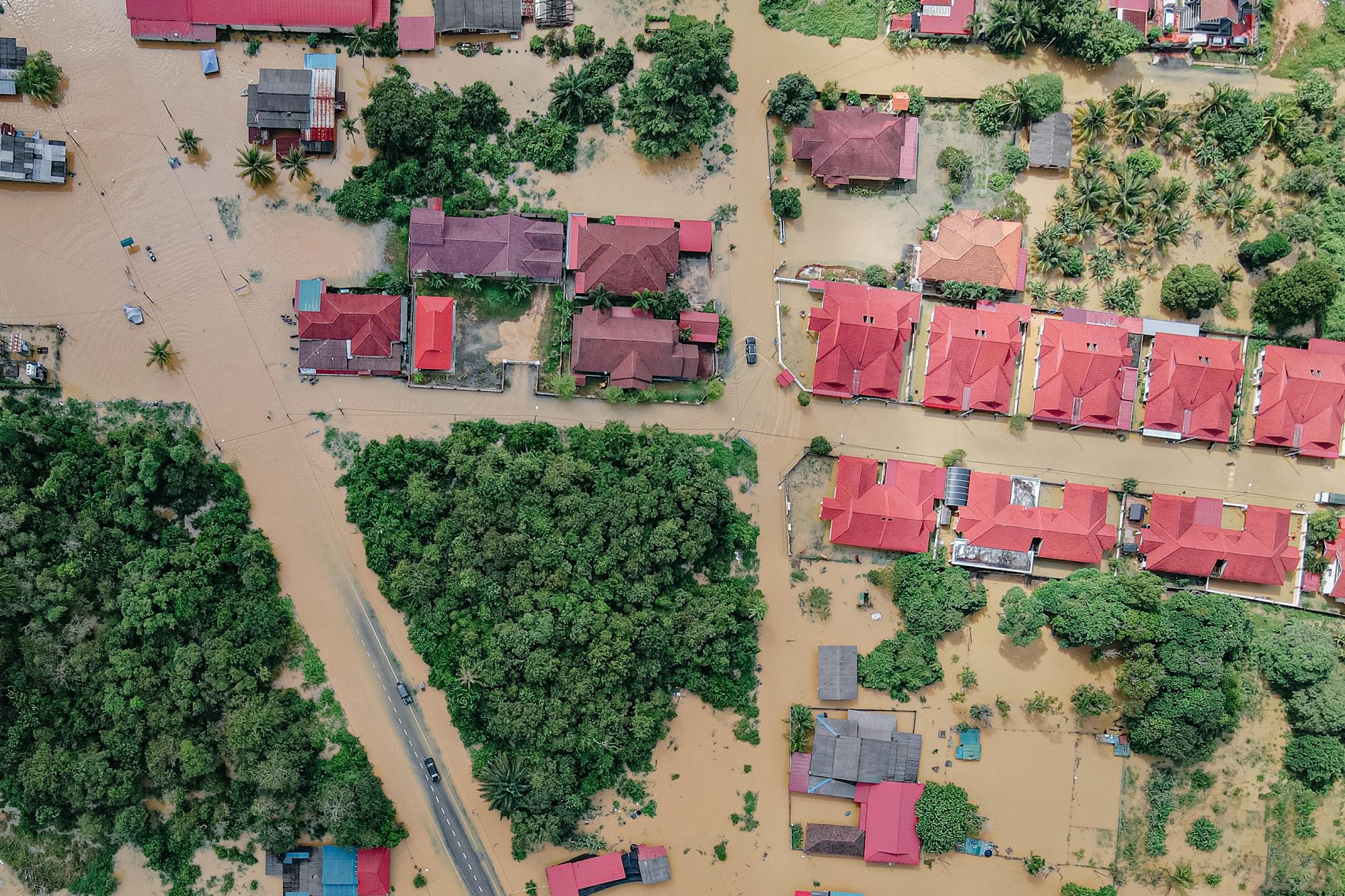Heavy rain, landslides, and flooding! Oh my! That was Orange County’s story in early February as biblical amounts of rain fell from the sky. Los Angeles averages about 14 inches of rain annually, and half that amount fell in two days. That water had to go somewhere, and a lot of it ended up in rental properties. Who’s responsible for repairing the damage? Landlords, who ideally have insurance that will pay for it.
California law states a landlord must maintain their premises so it’s fit for human habitation and in substantial compliance with applicable health and safety laws. This includes making necessary
repairs for damage caused by natural disasters like floods.
Your Insurance May or May Not Pay for Repairs
You should have standard commercial insurance for your building covering water damage from rainwater leaks (though the policy may have a roof exclusion, in which case it will not). It probably won’t cover losses due to flooding. For that, you’ll need commercial flood insurance.
Your tenant should notify you of flood damage, and you should do your best to repair it as soon as you can, but if you have insurance that may cover the damage, you shouldn’t start the repairs until an insurance adjuster looks at your property. If you lack insurance, you’ll need to pay for them yourself. Lack of resources, as a practical matter, can prevent repairs, but it doesn’t end your legal obligations.
If your insurance claim has been rejected and you feel your carrier made a mistake, contact our office so we can discuss the damage, your policy, their decision, and what can be done about it. If we can document how the damage falls under the policy, we can ask them to reconsider. If that doesn’t work, court action may be a viable option depending on how much is it stake and the strength of your case.
You May Need to Pay for Your Tenant’s Damaged Personal Belongings
Depending on the circumstances of the water damage, you may also be responsible for the tenant’s damaged personal belongings. You have a legal obligation to make sure your building doesn’t leak water into the units. If that caused the problem, you may be responsible and your insurance may cover it. If you’re in a low-lying area, and the damage is caused because the entire neighborhood flooded and was beyond your control, you’re probably not liable.
If Your Tenants Need to Move, You Might be on the Hook to Provide Them Housing
If there is severe damage, the fact you may need to pay for your tenant’s trashed belongings may be your least liability. If they can’t live in the unit and you can’t supply them with another, you may be responsible for their temporary housing costs. If they have renter’s insurance, it may cover these expenses.
If the unit is in such bad shape that you need to evict your tenants to make necessary repairs, you should negotiate with them on how to do that fairly while cutting your losses. If you’re having difficulty with that, we can help. You must go through the court process if negotiations fail and eviction is needed.
If you’re doing the right things, like working on the repairs, providing them with alternate housing, and reimbursing them for damaged property, but they stop paying rent or reduce payments because of the situation, it may create grounds for an eviction.
The Danger Lurking Beneath: Mold
The storms passed. If repairs were necessary, you got them done. Maybe there were minor leaks, but the damage was minimal, or you couldn’t find any. Can you put this behind you and move on? Maybe not.
You may need to make some changes or renovate to make your property more water-proof to avoid these issues when (not if) the next storm comes. You should also watch for mold developing in areas where water leaked in. Mold is potentially highly toxic when inhaled. Once moisture is in your building, it may spur mold growth, which can silently spread and worsen.
If the situation becomes severe enough and isn’t addressed, it may make your unit uninhabitable and give your tenant grounds.
We’re Here to Help
If you have questions about flood damage or insurance issues, call the AWB Law PC team at (949) 244-4207 or complete our online contact form today. We can discuss the situation, how state laws may apply, and how best to proceed.










